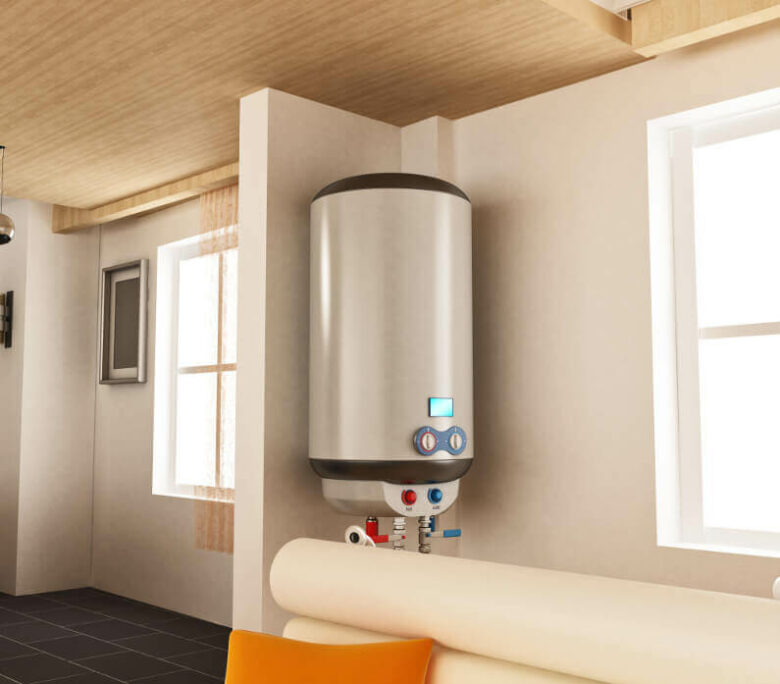Water heaters are great. They provide an endless supply of hot water and generally make life easier. But at what cost? Your average water heater accounts for nearly, if not above, 18% of your energy bills.
What’s even more concerning is that any possible mishap with your water heater contributing to a change in air quality and humidity could ignite other factors that can shorten or extend your HVAC’s life.
That’s why it’s vital to choose the right water heater. In that regard, here are a few factors to consider when choosing a water heater.
Size and Capacity
When it comes to operating water heaters, the general rule of thumb is the more you use it to heat a fresh batch of water, the more energy it consumes. Getting a low-capacity water heater can also cause other inconveniences, like having to wait for the water to heat up before taking a shower or washing the dishes.
Choosing the ideal size for a water heater comes down to two factors: the number of people using it and the number of taps and appliances in your home that use hot water simultaneously. To this effect, you need to determine the maximum flow rate of your fixtures and appliances and the required temperature rise.
To get the former, all you need to do is make a sum of the flow rate of all your appliances. For the latter, you need to determine the average temperature of incoming water in your home and subtract it from your desired water temperature.
Therefore, the ideal water heater should be able to accommodate your flow rate and produce enough heat to get your water up to the required temperature.
Type of Fuel
Water heaters can run on various fuels, including natural gas, oil, or electricity. The type of water heater you choose comes down to the kind of fuel available in your area. But since most homes have access to more than one energy source, you may get some leeway in choosing your preferred type.
The type of fuel your water heater runs on directly impacts your total energy bills, air quality, and the humidity level in your home. For instance, electric water heaters run without emissions but cost more. Conversely, heaters that run on natural gas could negatively impact the air quality and humidity in your home when not properly vented.
Quality
Water heaters can last anywhere between 10 and 12 years. However, several factors can shorten your heater’s lifespan considerably. For instance, limescale buildup from hard water can reduce the heater’s energy efficiency and cause corrosion.
Therefore, you should only go for a high-quality, corrosion-resistant water heater that allows seamless descaling.
The Bottom Line
When looking for a water heater, the key things to remember are how much hot water you need, how efficient you need it to be, and how much you’re willing to spend to run it. With this in mind, you’ll be able to pick the best choice in no time.
Article by Born Realist






